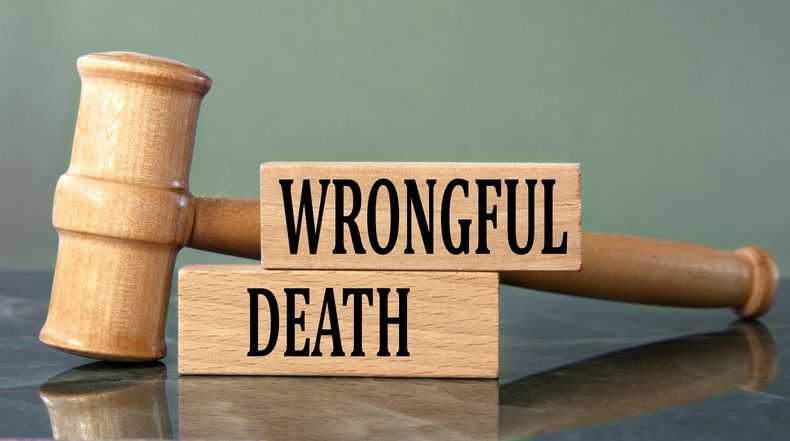Losing a loved one due to someone else’s negligence or wrongful actions is a devastating experience. In Colorado, wrongful death claims allow surviving family members to seek compensation for the emotional, financial, and practical losses they have suffered.
Understanding the factors that influence the calculation of damages in these cases is crucial for families seeking justice and fair compensation.
Here, our Denver personal injury attorneys at Donaldson Law explain.
Types of Damages in a Colorado Wrongful Death Claim
Wrongful death claims in Colorado typically involve two categories of damages: economic and non-economic. These categories address the tangible and intangible losses the deceased’s family suffered.
Economic Damages
Economic damages are quantifiable financial losses resulting from the death.
They may include:
- Lost Earnings and Benefits: Compensation for the income the deceased would have earned throughout their working life, including salary, benefits, and potential raises or promotions.
- Medical Expenses: Costs for medical treatment incurred before the deceased’s passing, directly related to the incident.
- Funeral and Burial Costs: Funeral arrangements, burial, or cremation services expenses.
- Loss of Services: The monetary value of household contributions the deceased provided, such as childcare, maintenance, or other supportive roles.
Non-Economic Damages
Non-economic damages address the emotional and psychological toll of the loss.
These damages are more subjective and may include:
- Loss of Companionship and Emotional Support: The loss of the deceased’s presence, love, guidance, and care.
- Grief and Suffering: The emotional anguish experienced by surviving family members.
- Loss of Consortium: The impact on the relationship between the deceased and their spouse.
Factors That Influence Damage Calculations in Colorado Wrongful Death Claims
Calculating damages in a wrongful death claim involves assessing multiple factors to ensure fair compensation.
These include:
- The Age of the Deceased: The deceased’s age significantly determines lost earnings and benefits. Younger individuals typically have more potential working years, resulting in higher projected economic damages.
- Earning Potential and Career Path: The deceased’s income, education level, and career trajectory are analyzed to estimate future earnings. This includes promotions, raises, and other opportunities they likely would have achieved.
- Health and Life Expectancy: The deceased’s overall health and expected lifespan are considered to project the duration of lost earnings and services.
- The Relationship Between the Deceased and the Claimant The closeness of the relationship affects non-economic damages. For example, a spouse or child may receive higher compensation for loss of companionship than a more distant relative.
- Contributory Negligence If the deceased was partially at fault for the incident that led to their death, Colorado’s modified comparative negligence laws may reduce the damages awarded.
Statutory Caps on Non-Economic Damages
Colorado law imposes caps on non-economic damages in wrongful death claims. Colorado recently increased the cap on damages for wrongful death claims from $300,000 to $2,125,000. Any case filed with the court between January 1, 2025, and December 31, 2025, will fall under the higher cap on damages, even if the loss occurred before January 1, 2025.
How Donaldson Law Can Help
At Donaldson Law, LLC, our experienced Denver personal injury attorneys understand the complexities of wrongful death claims. We are dedicated to guiding families through the legal process, ensuring all factors are thoroughly evaluated to secure maximum compensation. From gathering evidence to negotiating with insurance companies, we fight for the justice your family deserves.
If you have lost a loved one due to negligence in Colorado, Call (720) 487-1354 or contact us online for a free consultation. Let us help you understand your legal options and pursue the compensation you need to rebuild your life.
Related Links:




